Listener alert! If you're enjoying The Sewers of Paris, could you nominate it in the "GLBT" category for a podcast award? Deadline is April 30th!
This Week's Guest: Robbie Turner
Who taught you how to be beautiful? My guest this week made a lifelong study of the most beautiful woman he knew, his mother, even going so far as to transform into a character who bears an uncanny resemblance. You might know Robbie Turner the character from this season's Drag Race, or from her regular appearances at shows in Seattle and around the country. She might've hosted your Pride, or officiated your wedding. But on today's episode we're going to get to know Robbie Turner the man.
As a child, Robbie wanted to become a minister, and to carry on the religious traditions of his family. Instead, today he's carrying on their hair and makeup. But without meaning to, he's also managed to cultivate an unlikely flock of his own. But it wasn't an easy path.
Robbie always knew he was different -- as young boy, he loved to color his fingernails red with sharpies, much to the chagrin of his mother, who would confiscate any markers she found. But his grandma thought it was adorable, and kept him well-stocked, slipping sharpies to him every Sunday at church.
The day he was to graduate from high school, Robbie woke up and knew that he would either have to change his life or die. He was deeply closeted, terrified of being found out by his religious family and his tiny rural town. That morning, he waded into a river holding a giant stone, planning to drown himself. "We didn't have 'it gets better,'" he said. "As far as I knew, it got worse."
Even underwater, he could feel his tears welling up as he mustered the courage to stand up out of the water and walk back to shore. He made it to graduation, broke up with his girlfriend, came out to his parents, and bid his small town goodbye. "I need to find out who I am," Robbie told them, and hit the road.
He planned to be a serious actor, and took roles in various Shakespeare shows -- but then he found himself cast repeatedly in female roles, and something just seemed right about it. When a friend asked if he'd fill in for a last-minute cancellation at a drag show, Robbie was taken aback. What did he know about drag? The two of them ran to a thrift shop, grabbed whatever couture they could find, and suddenly Robbie found himself transformed into Liza Minnelli. He walked out on stage with no time to rehearse and nailed a lip-sync to Liza with a Z. That led to another booking, and another, and another -- and then he was on Drag Race.
Telling his mother what he does was particularly difficult. Robbie had idolized her for his entire life, and she received the news as he thought she might -- with hysterics. But his father surprised him. "I expected him to be like 'get out of the house,'" Robbie said. But instead, his father took a moment to compose himself, and told his son, "I'm going to level with you. You're not going to get a fair shake in life. But I'll always be here for you."
It took some time for his mother to come around. They certainly didn't understand his drag career. But when Robbie got a call that his mother was dying, he knew he had to drop everything and return to the small town he'd left years before.
Here are some photos that I took of Robbie just before her Drag Race debut:
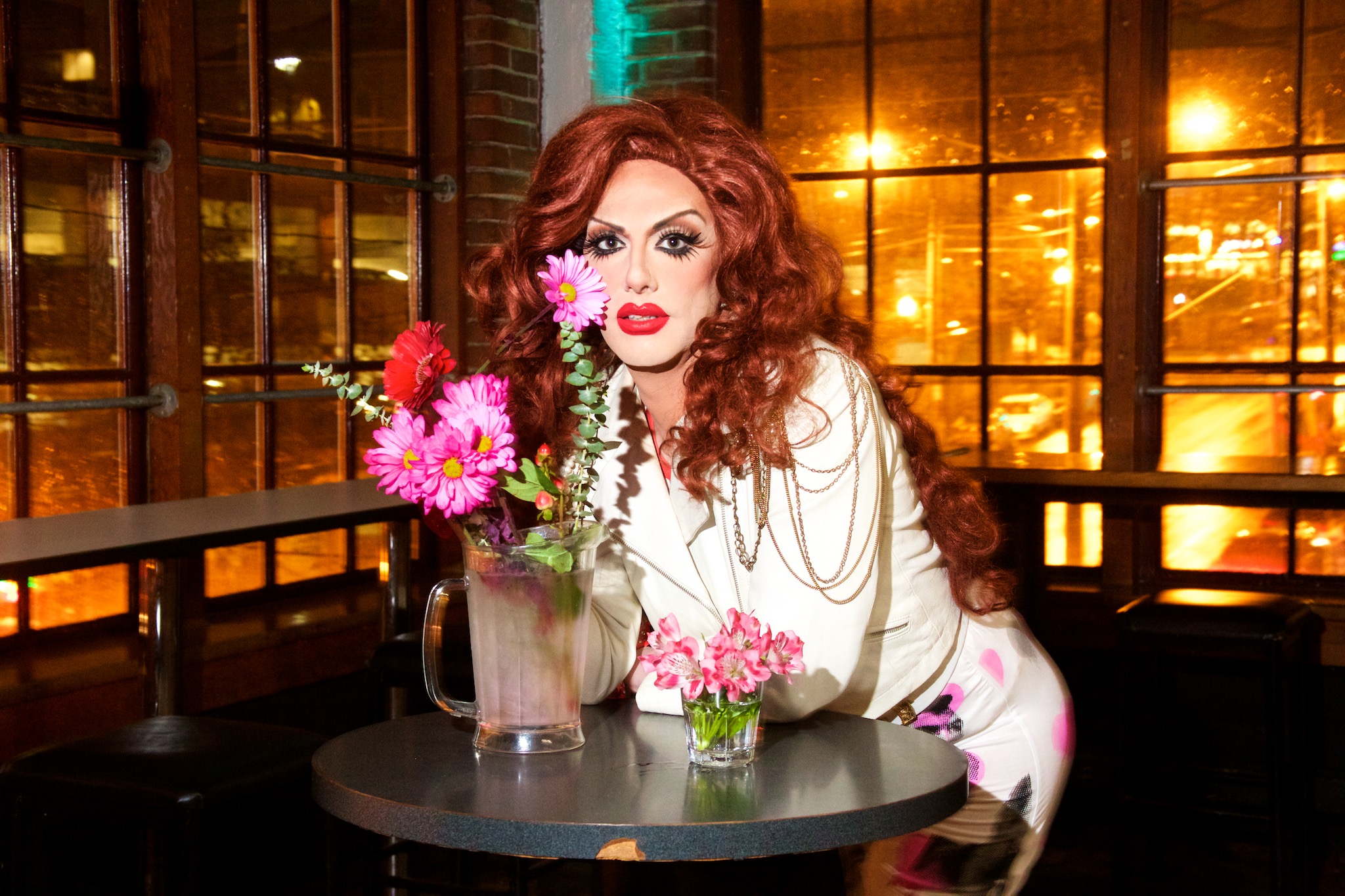
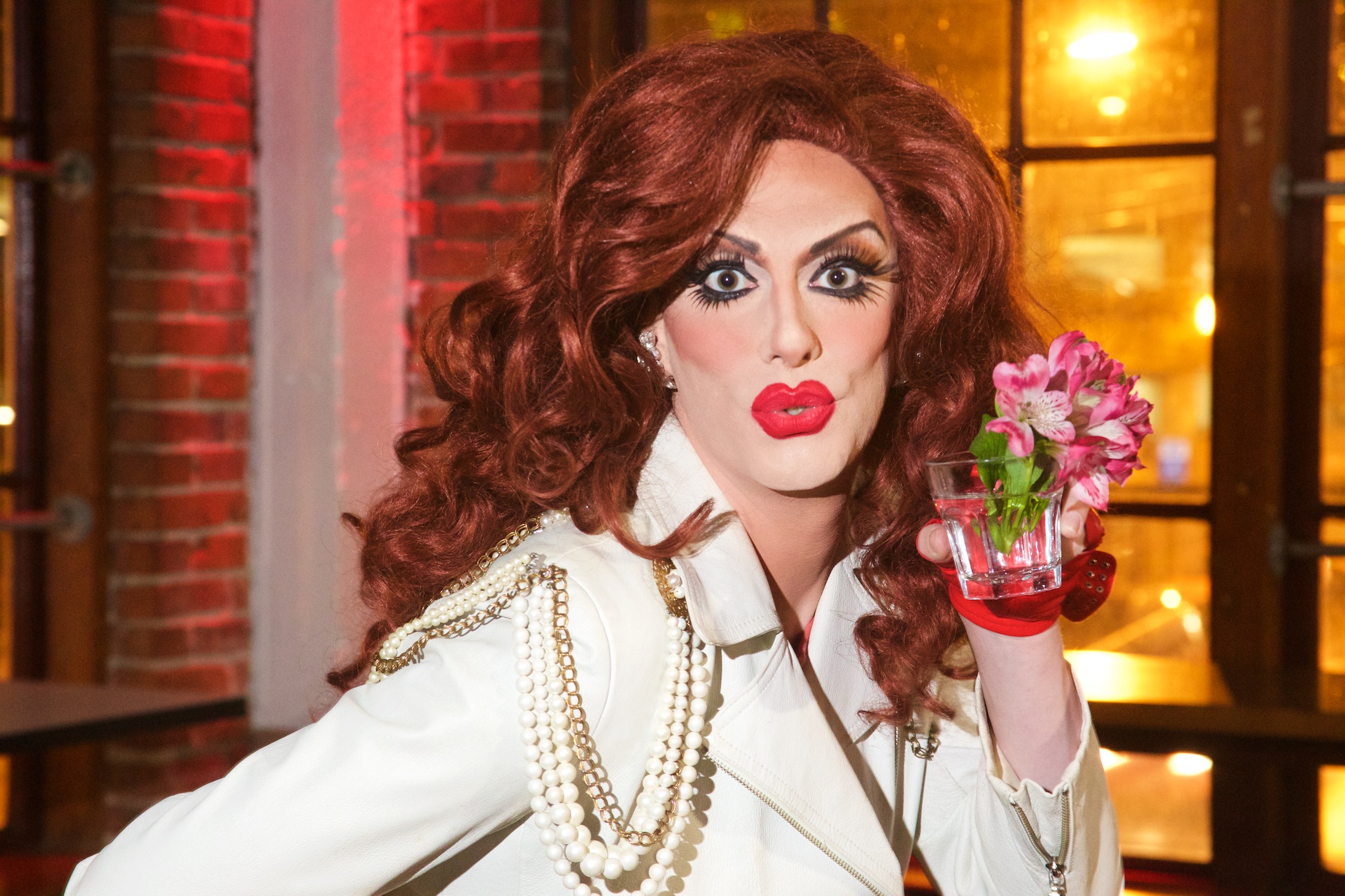
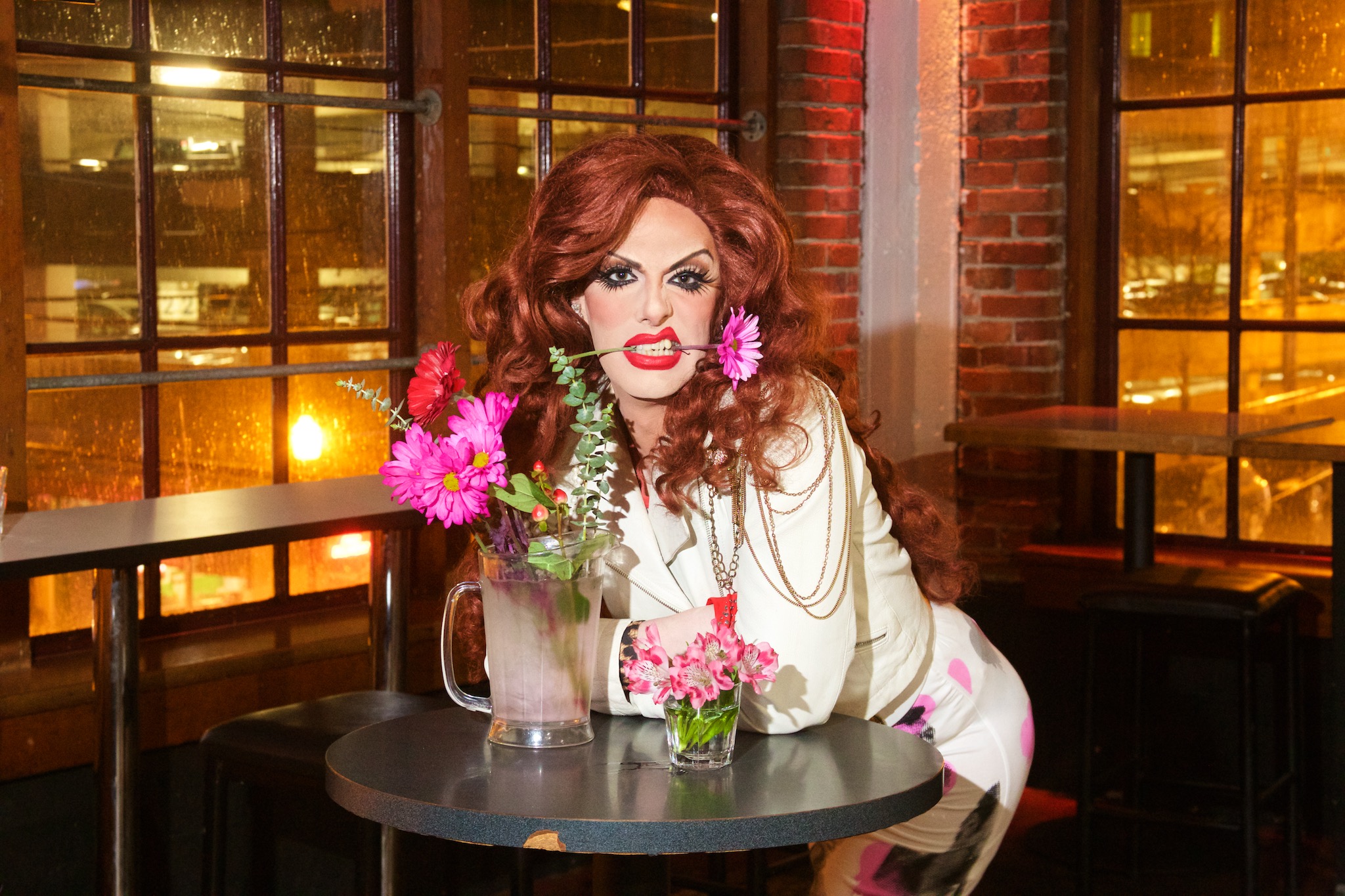
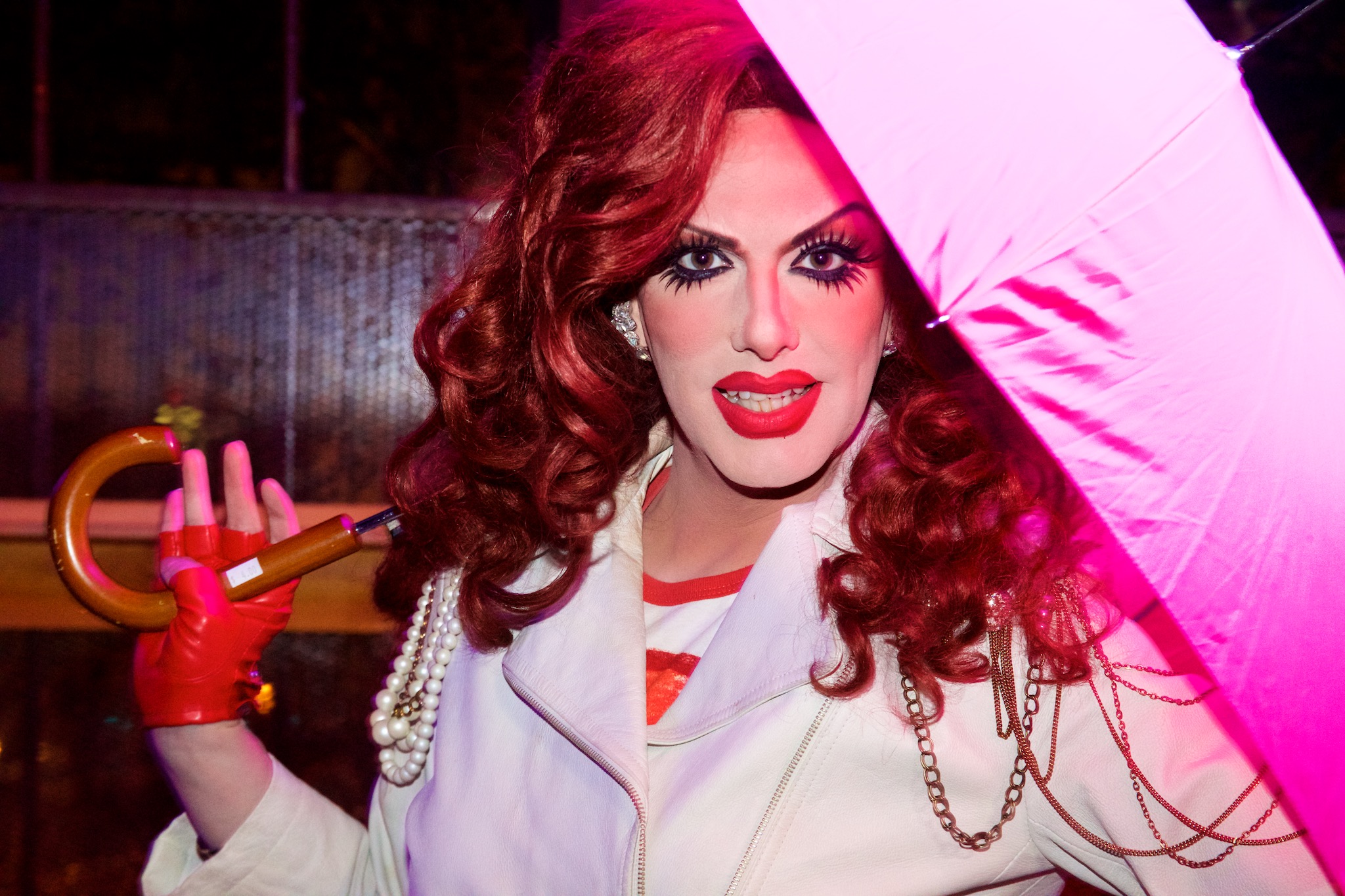
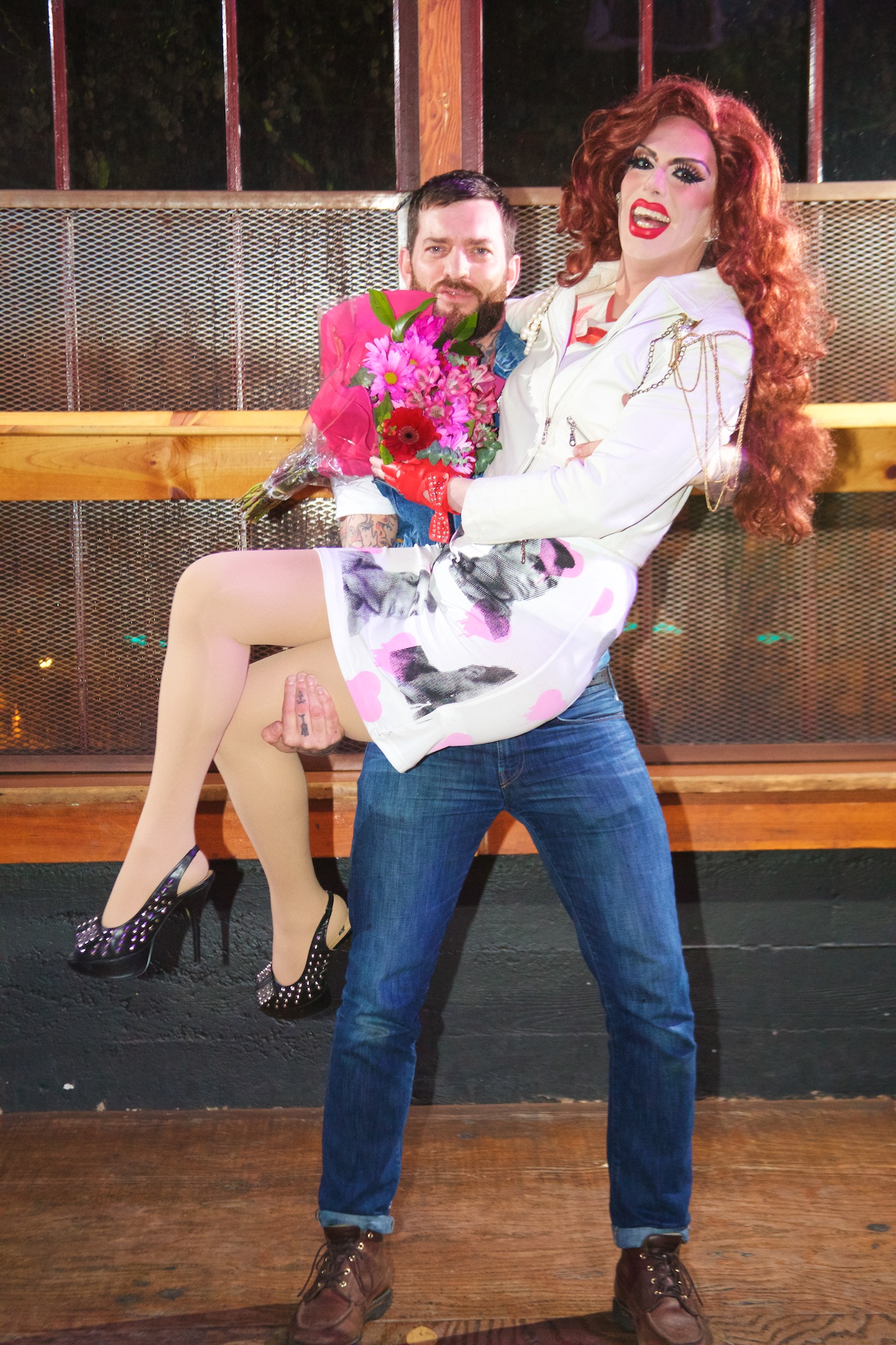
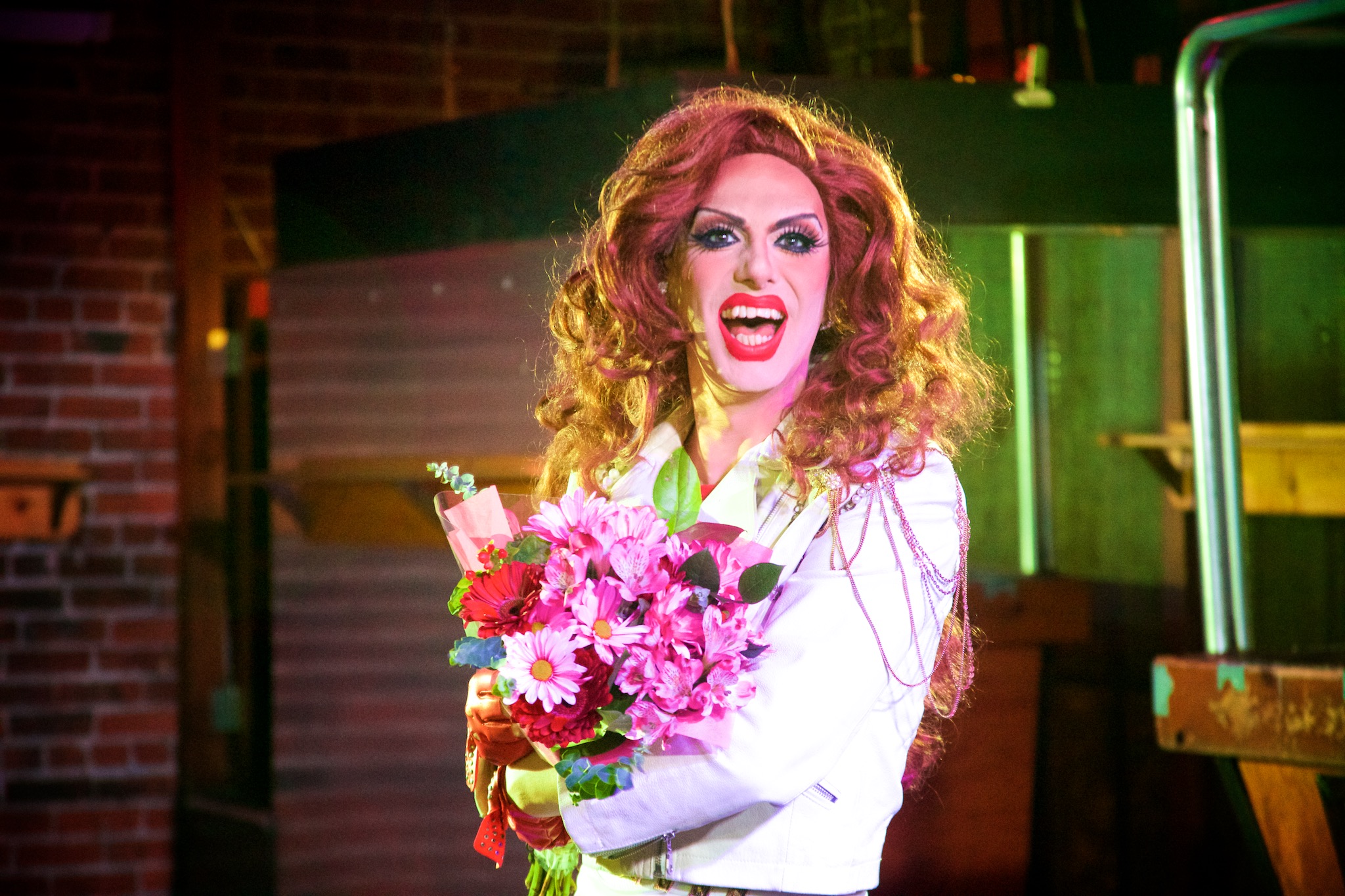
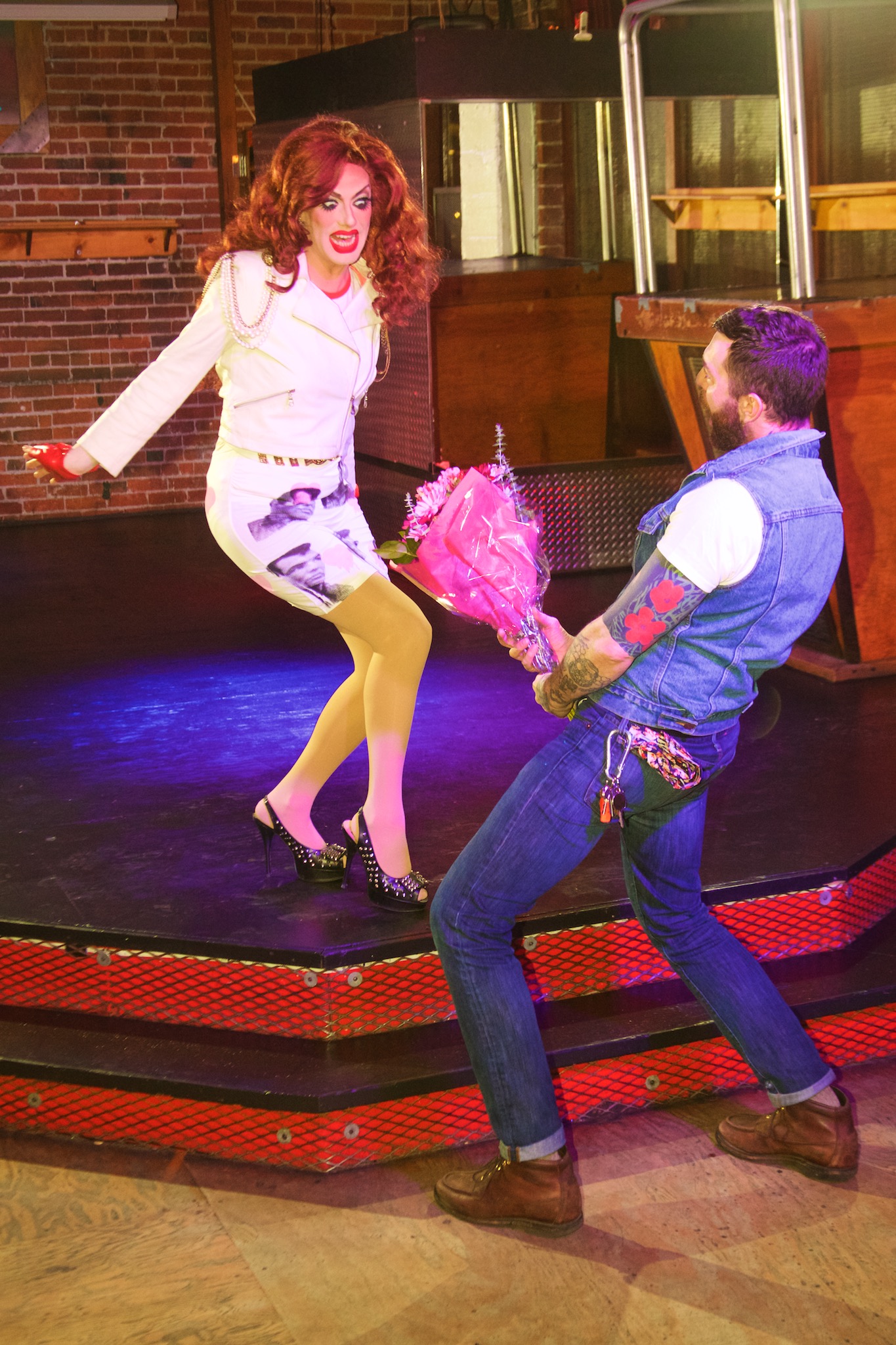
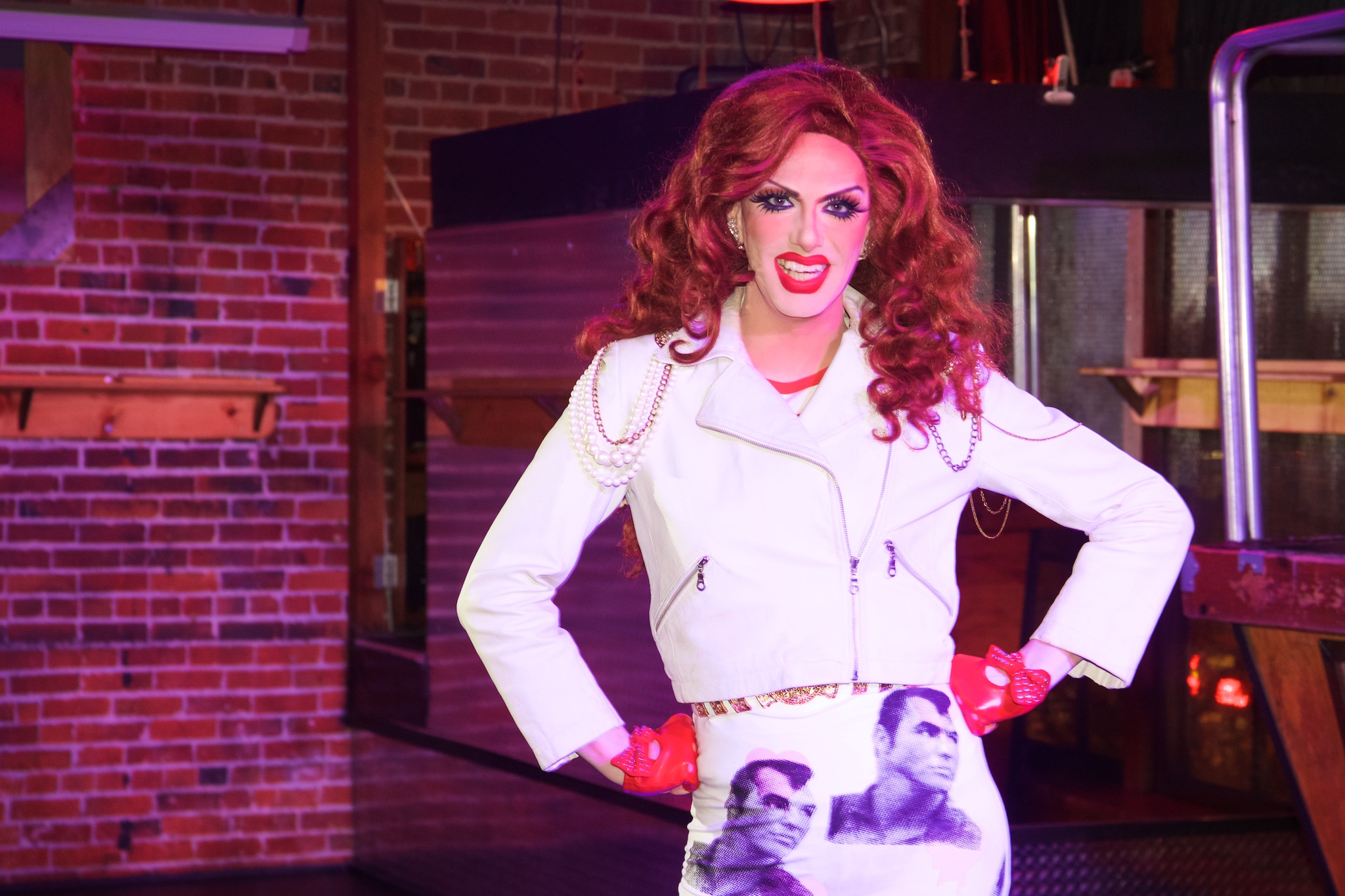
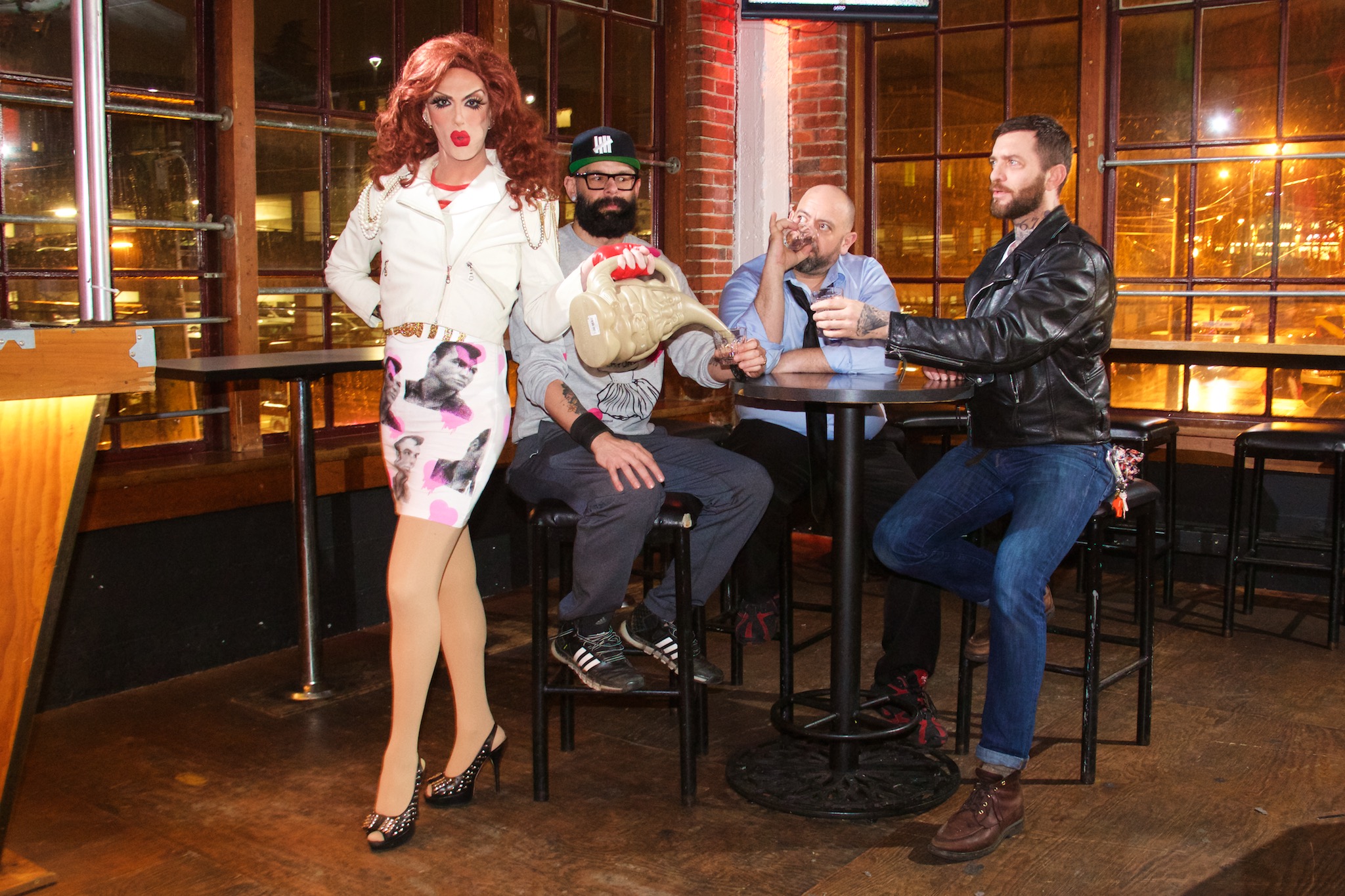
This Week's Recommendation: Polyester
This week's episode was all about drag and moms, it would be a crime for my recommendation to overlook Divine, the mother of modern drag queens. She's sensitive and sweet in Hairspray, and she's long-suffering in Polyester, but I think her greatest role is in Pink Flamingos. In that film, Divine plays Babs Johnson, a trailer-dweller who lives with her mother and son and has just been named the filthiest person alive. That enrages two other filthy Baltimore residents, who scheme to seize the title from Babs by any means necessary, but soon find themselves in filth far over their heads.
Divine's portrayal of maternity has never exactly been what you'd call typical, but even in this incredibly disgusting role, there's a motherliness that borders on touching. Divine's family is gross -- they engage in acts with chickens and with eggs that will leave you trembling -- but they're HER family, and she refuses to apologize for the way they live, the way they kill, and the way they eat.
There are remarkably few films about heroic moms, since strong women are so often made into villains, from Cinderella to Carrie to The Manchurian Candidate to Ordinary People. Even Divine might look at first like the bad guy in Pink Flamingos -- after all, she's responsible for a variety of grandiose murders over the course of the film. But she's not filthy just for fun, she's filthy for a cause -- that of her family. Yes, she's disgusting, but disgust is what nourishes her egg-obsessed mother and her chicken-fucking kid.
Being a mother in this context may be exhausting, and the world may never fully understand her. But Divine never flinches from the role as matriarch of her horrifying clan, of caretaker, protector, and provider. She'll do whatever must be done to preserve her family, or eat shit and die trying.
Clips of Stuff We Talked About
Music:
Parisian Kevin MacLeod (incompetech.com)
Licensed under Creative Commons: By Attribution 3.0















